FUNDING CUTS IMPACT CT HUMANITIES: Help CT Humanities navigate recent funding cuts and continue our vital work across Connecticut. All donations made to CTH will be matched dollar-for-dollar up to $50,000. Donate today!
Now Viewing:
Norwich
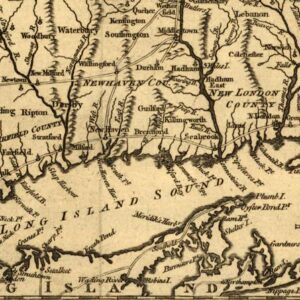
“Legalized Piracy”: Connecticut’s Revolutionary War Privateers
American colonists employed privateers as part of the military effort against the British during the American Revolution.
Read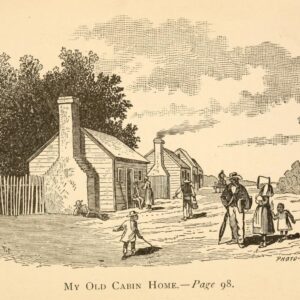
James Lindsey Smith Takes the Underground Railroad to Connecticut
James Lindsey Smith was one of many slaves who found freedom through the Underground Railroad network that included many stops in Connecticut.
Read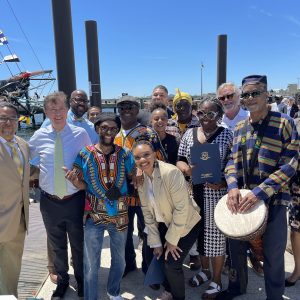
Connecticut’s First Known Juneteenth Celebration in Norwich – Who Knew?
In 1989, the Norwich Branch of the NAACP organized the first official Juneteenth celebration in Connecticut—several other towns followed suit in subsequent years and decades.
Read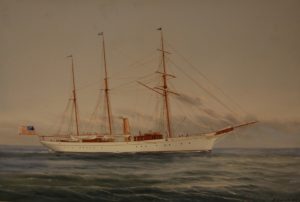
The Slaters Go Round the World
In 1894, a well-to-do Norwich family set sail from New London on a ship outfitted with Persian rugs, oil paintings, a library, and 75 cases of champagne.
Read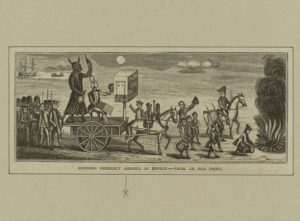
Benedict Arnold: America’s Most Famous Traitor
Benedict Arnold of Norwich was one of the great Continental army heroes of the American Revolution before committing treason and joining the British army.
Read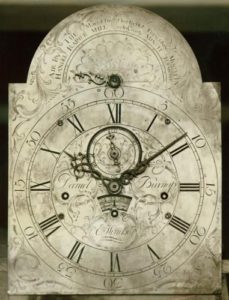
Marking Time: Early Connecticut Innovations Transform Clock Making
During the 18th and 19th centuries, Connecticut played a major role in transforming clock making from a time-intensive handcraft into a mass-production industry.
Read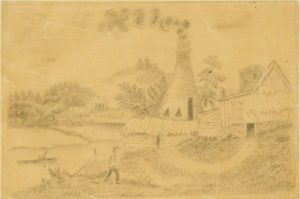
From Kiln to Collection: Norwich Pottery and Its Makers
Despite the lack of good local clay, Norwich potteries flourished, turning out jugs, jars, crocks, pie plates, dishes, and other utilitarian objects.
Read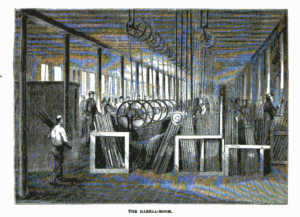
Norwich’s “Volcanic” Past
With its water power, its location, and proximity to major port cities, Norwich has been attracting gun manufacturers since the American Revolution.
Read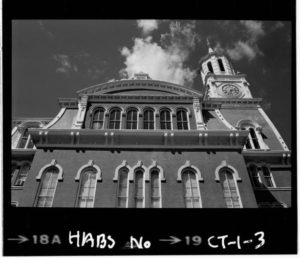
Site Lines: Monuments to Connecticut’s Lost County Government
County government operated in Connecticut in one form or another for nearly 300 years before the state abolished it in 1960.
Read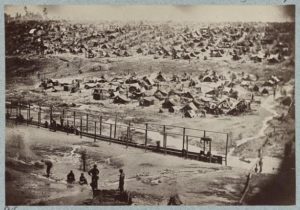
Remembering Civil War Prisoners of War
Outside the Connecticut State Capitol building in Hartford stands a monument to the Connecticut prisoners retained at the Andersonville Prison during the Civil War.
Read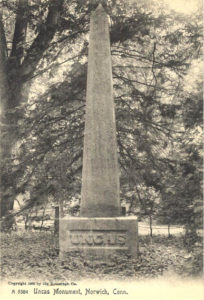
Buffalo Bill Cody Visits the Monument of Uncas – Today in History: July 2
On July 2, 1907, American adventurer and showman “Buffalo Bill” Cody visited the Mohegan Royal Burial Grounds in Norwich.
Read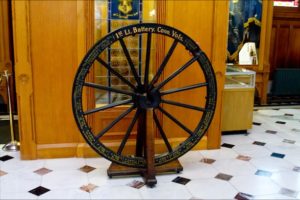
Gun Wheel of the First Light Battery, Connecticut Volunteers
A wheel damaged in battle now resides at the Connecticut State Capitol to commemorate the Civil War service of the First Light Battery Connecticut Volunteers.
Read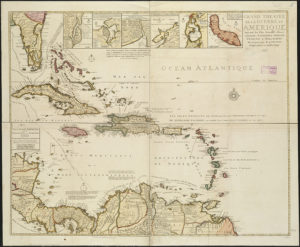
Connecticut and the West Indies: Sugar Spurs Trans-Atlantic Trade
This profitable exchange brought wealth and sought-after goods to the state but came at the price of supporting slavery in the bargain.
Read
Ellis Ruley: Art that Celebrated Life
Ellis Ruley, the son of a slave who escaped to Norwich, rose to prominence as an artist, but prosperity and racial tensions created resentment among members of the local population.
Read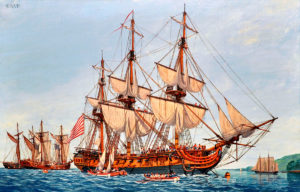
USS Confederacy: The Life and Service of Connecticut’s Continental Frigate
Nearly 20 years before the launching of the USS Constitution, a modest shipyard in Norwich, CT launched the Confederacy.
Read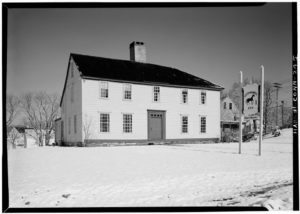
Christopher Leffingwell Born – Today in History: June 11
On June 11, 1734, businessman and civic leader Christopher Leffingwell was born in Norwich.
Read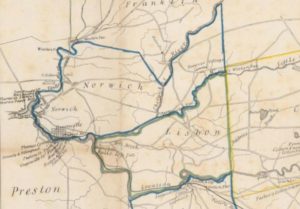
Iron and Water: The Norwich & Worcester Railroad Story
Connecticut’s early railroad history had at its core the goal of linking New York City and Boston through a hybrid system of steamboats and trains.
Read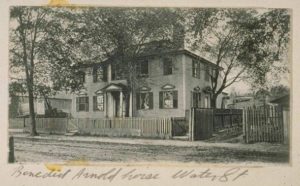
Benedict Arnold died in London, England – Today in History: June 14
On June 14, 1801, Revolutionary War general and traitor Benedict Arnold died in London.
Read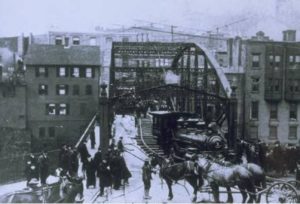
Combined Rail-and-Water System Makes Norwich a Key Travel Hub in Mid-1800s
For waterfront towns like Norwich, early steamships offered opportunities for travel and commerce previously unthinkable to generations of local residents.
Read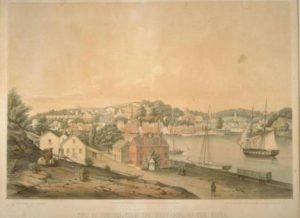
Norwich in Perspective
Two different artistic takes on a prosperous 19th-century mill town and commercial center.
ReadMore Articles




